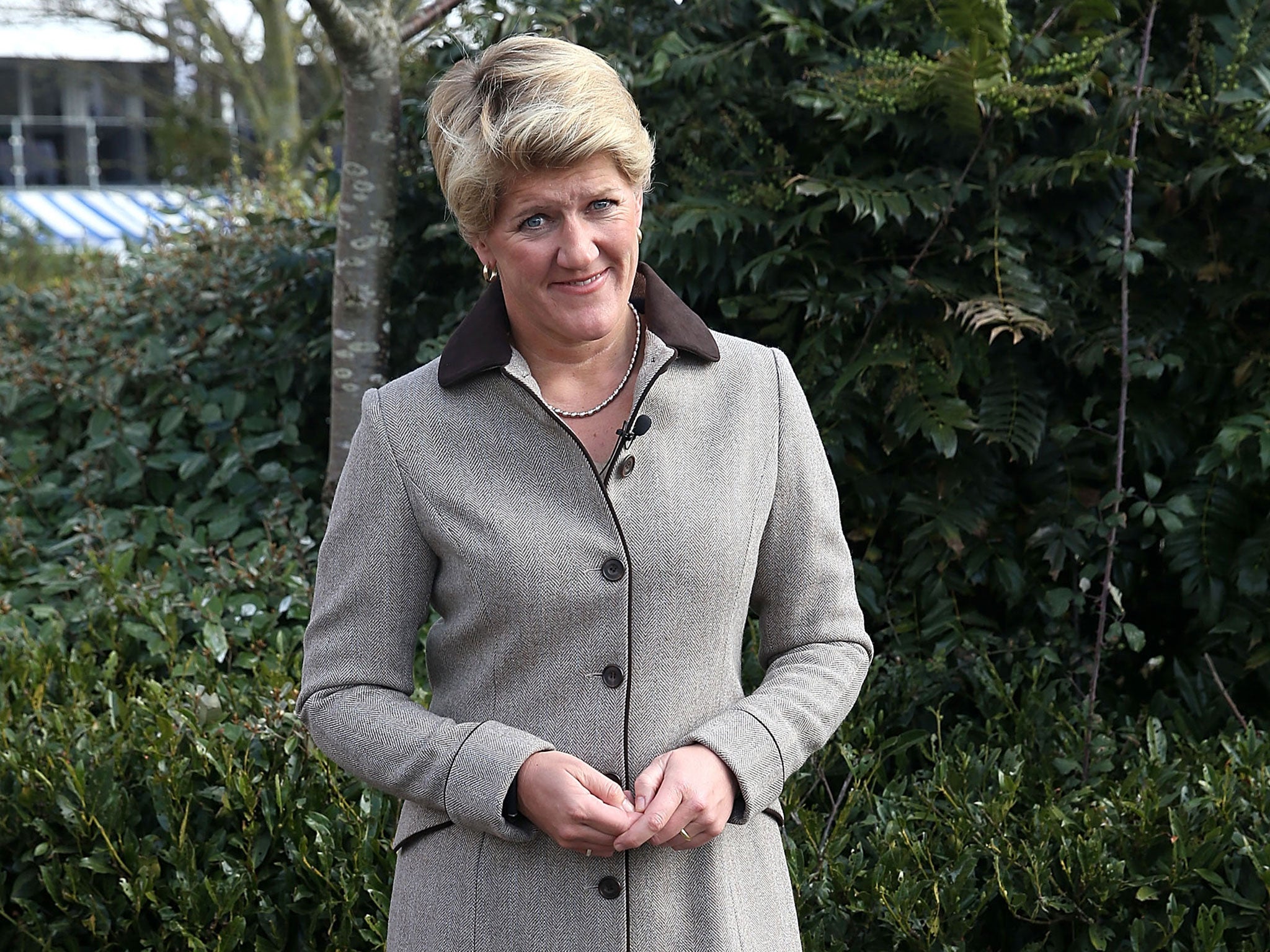We want more 'real' and older women on TV, audiences tell broadcasters
Thousands of people were asked about their opinions on gender portrayal in the media

Your support helps us to tell the story
From reproductive rights to climate change to Big Tech, The Independent is on the ground when the story is developing. Whether it's investigating the financials of Elon Musk's pro-Trump PAC or producing our latest documentary, 'The A Word', which shines a light on the American women fighting for reproductive rights, we know how important it is to parse out the facts from the messaging.
At such a critical moment in US history, we need reporters on the ground. Your donation allows us to keep sending journalists to speak to both sides of the story.
The Independent is trusted by Americans across the entire political spectrum. And unlike many other quality news outlets, we choose not to lock Americans out of our reporting and analysis with paywalls. We believe quality journalism should be available to everyone, paid for by those who can afford it.
Your support makes all the difference.There needs to be more “normal” and older women on the news and the radio, according to a new survey commissioned by the BBC.
The findings of the Blurred Lines: Contemporary Attitudes to Gender Portrayal in the Media revealed that viewers believe that news and radio lacked high profile names compared to other areas.
The corporation’s detailed and wide-ranging study also revealed that well-known presenters like Clare Balding and Gabby Logan are improving sports coverage. Comedy, too, was getting a boost from female stars like Miranda Hart and Sarah Millican.
The survey found that people want less scantily clad women on reality television shows as well and that audiences did not think that they were good representations of real people.
Interestingly, the study also showed that audience perception of gender balance is better than the reality, with two men to every one woman.
“It’s not at the forefront of people’s minds when they sit down to watch television. They are more interested in thinking, ‘Did I enjoy that?’ than, ‘Were the genders equally represented?’,” David Bunker, the head of audiences of BBC Television told The Guardian.
“A lot of people will think that because they can name personalities like Gabby Logan and Clare Balding, even though after them they might peter out a bit, then the genre is doing far better at tackling imbalance than it actually is.”
“But in sport there is a growing acceptance of women presenters by men, driven by these respected female presenters,” he added.
The survey was jointly carried out the BBC and research consultancy firm MTM and asked thousands of the people about their opinions on gender portrayal.

Watch Apple TV+ free for 7 days
New subscribers only. £8.99/mo. after free trial. Plan auto-renews until cancelled

Watch Apple TV+ free for 7 days
New subscribers only. £8.99/mo. after free trial. Plan auto-renews until cancelled
The findings were delivered by Bunker and James Bryson the director at MTM at the annual Media Research Society’s annual conference.
The BBC's Director General Tony Hall is trying to improve representation of women after a Lord committee report called on broadcasters to tackle gender inequality in news and current affairs.
Join our commenting forum
Join thought-provoking conversations, follow other Independent readers and see their replies
Comments